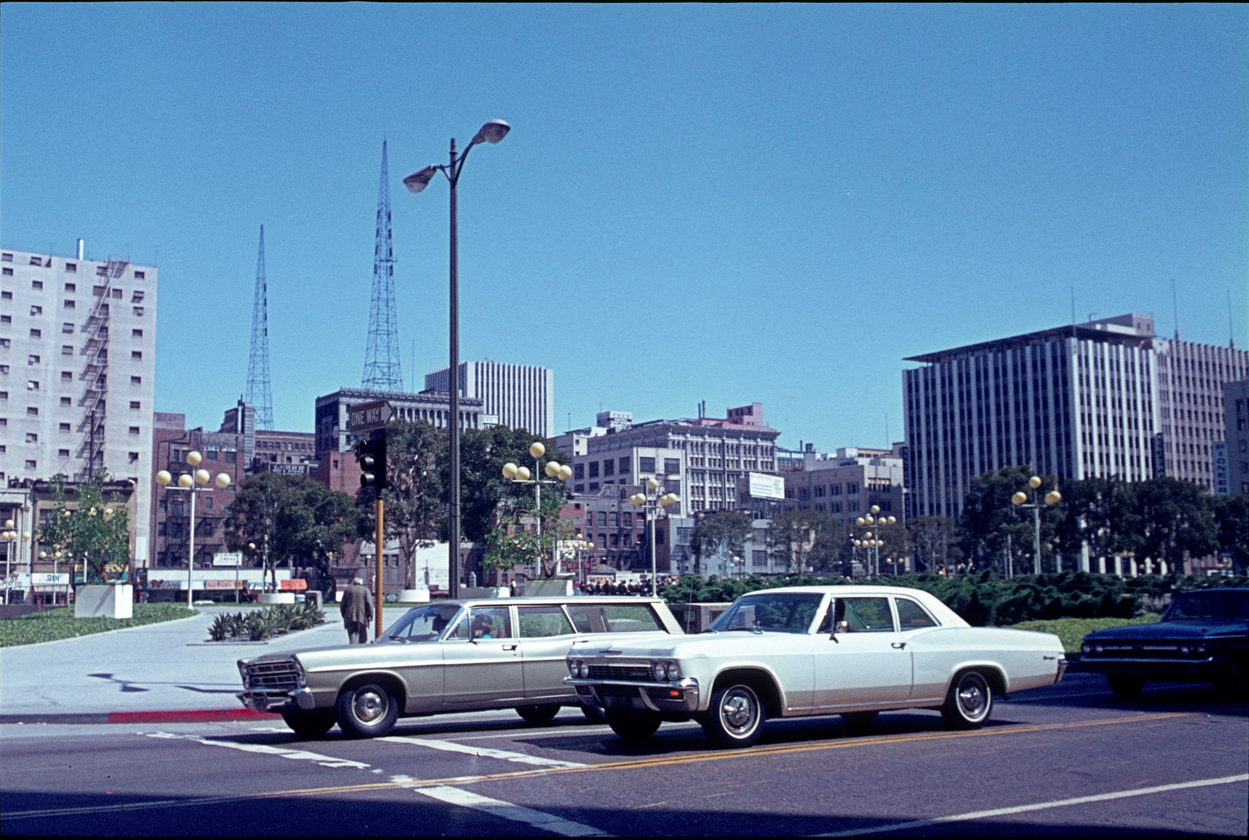
The Los Angeles Watts riots of 1965 prompted several significant social, political, and legal changes. Based on the partially on the findings of the Kerner Commission in the aftermath of the Watts riots, the California Consumer Legal Remedies Act (CLRA) represents one of the most effective legal weapons consumers have to fight unethical business practices, from tearing down the walls of unfair business collusion to eliminating classic bait and switch schemes. The Kerner Commission presented evidence of numerous business practices that took advantage of consumers by selling products and services at ransom prices for inferior goods.
The Legal Intent of the CLRA
The CLRA includes several consumer protection provisions that make unethical business practices not only unfair, but also unlawful. Consumers that want to file legal complaints against unscrupulous businesses have an affordable way to seek justice under the CLRA. The CLRA represents the most comprehensive law in California that prohibits every conceivable type of business deception. Companies found guilty of violating one or more of the CLRA statutes must pay attorney fees and the costs consumers incur by protecting their legal rights under the CLRA. The intent of the CLRA was to help consumers gain equal footing with businesses that implemented unfair business practices.
Car Dealerships and the CLRA
Until passage of the CLRA, consumers were especially vulnerable against deceptive auto dealership practices. In addition to the classic bait and switch, auto dealerships used several fraudulent business practices to take advantage of naïve consumers. The CLRA gives consumers the legal right to file lawsuits that claim a dealership sold damaged cars, caused by either an accident or manufacturer oversight. Other unlawful auto dealership practices covered by the CLRA include the sale of automobiles for more than the advertised price, as well as selling vehicles that were previously rentals without informing consumers of vehicle rental histories. Moreover, auto dealerships no longer can get away with calling used cars “Certified” that do not qualify for certified vehicle designation.
Important CLRA Terms for Consumers to Know
As with most consumer protection laws, the CLRA is full of complex legal terms that confuse many of our clients. Let’s review the most important legal terms as defined under the CLRA.
Person
Under the CLRA, a person is defined in more ways than simply labeling a consumer an individual. A person also includes a partnership, a corporation, and association, and a limited liability corporation.
Consumer
Any individual who “seeks or acquires, by purchase or lease, any goods or services used for personal, family, or household purposes.”
Goods
Goods refer to tangible assets purchased or leased for personal, family, or household consumption. This includes coupons and certificates that consumers redeem for tangible assets.
Services
The legal term under the CLRA for “Services” covers “work, labor, and services” used for commercial activities other than business purposes. Services often are included in the sale or repair of consumer goods.
Senior Citizen
Despite what AARP claims, the CLRA defines a senior citizen as an individual who is at least 65 years old.
Transaction
Transaction means an agreement between a consumer and a seller that does not have to include wording that makes the transaction a legally enforceable contract. The CLRA definition of transaction has opened the legal doors for many consumers to seek justice for misleading business practices.
Home Solicitation
Any transaction made at a consumer’s primary residence, with the exception of transactions initiated by consumers.
We encourage anyone who has suffered the consequences of unfair business practices to schedule a free initial consultation with one our licensed attorneys who specializes in consumer protection law.





